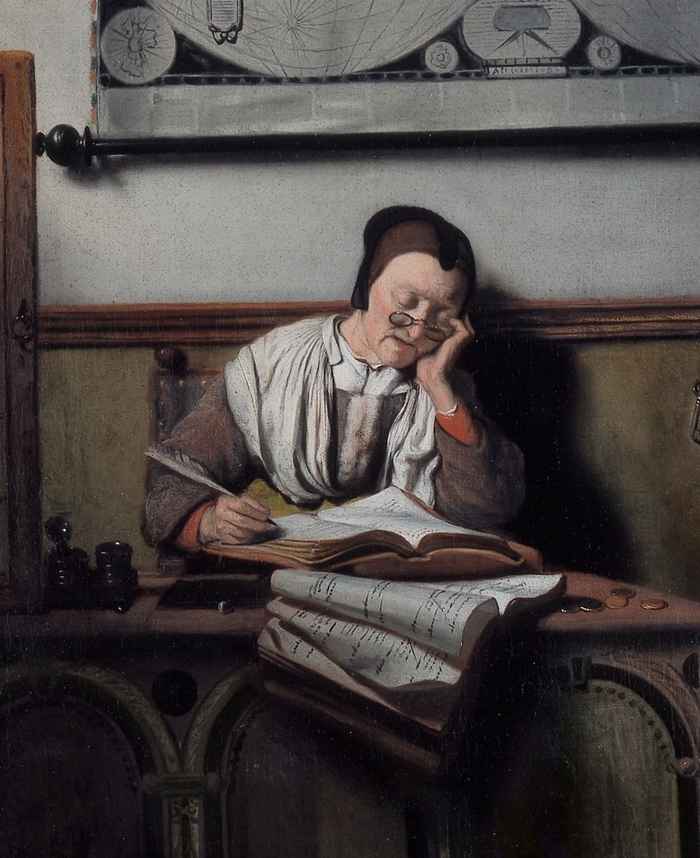Vossius Seminar
- Date
- 27 February 2023
- Time
- 15:30 -17:30
- Location
- BG 1
- Room
- 0.16
15:30 - 16:30 Henry Spiller (Vossius Fellow, UC Davis)
The genesis of Sundanese musical scales and modes: Competing epistemologies from the mid-twentieth century in Jaap Kunst and R.E. Kusumadinata
The Dutch musicologist, Jaap Kunst, and the Sundanese musician and theorist, Raden Machyar Angga Kusumadinata, interacted extensively with one another in the 1920s and 30s in West Java in their common quest to make sense of the scales, modes, and melodic logic of Sundanese music. Kunst was eager to find evidence in Sundanese tunings to support Erich M. von Hornbostel’s theory of overblown fifths (Blasquinten-Theorie), which posited a common, empirical basis in the overtone series for a variety of Asian tonal systems. Kusumadinata rejected the theory of blown fifths in favor of tuning models rooted in equidistant divisions of the octave that were unrelated to acoustical phenomena—an approach that Kunst could not endorse.
In this presentation, I focus on Kusumadinata’s interactions with Kunst, with his own aesthetic understanding of Sundanese music, and with Western notions of science and scientism. Kunst and Kusumadinata rooted their different approaches in their individual subconscious epistemologies of music; in other words, they both relied on their own pre-existing unconscious biases about the aesthetics of music to inform their quasi-scientific inquiries into physics, acoustics, and music theory. I argue that Kusumadinata’s preference for equidistant models likely had precedents in visual/physical approaches to tuning in Southeast Asia, just as Kunst’s epistemology of music demanded finding a relationship to the physics of the overtone series that had long undergirded European music theory.
The two theorists’ relationship reveals notable ‘overtones’ of colonialism as well. Kunst used his interactions with Kusumadinata—a ‘native’ expert—as a means to validate his observations, but he generally disdained Kusumadinata’s own theories. And Kusumadinata was happy to exploit his relationship to Kunst to gain credibility in the context of the Dutch colonial milieu, even as he disagreed fundamentally with the theory of overblown fifths.
Ironically, none of their theories actually accounted for Javanese musical practices. Manfred Bukofzer effectively discredited the foundations of Hornbostel’s approach; and despite avid promotion by scholars in the nascent Indonesian music academies, Kusumadinata’s theories never exerted much practical effect on the performance or theorization of Sundanese music. Understanding the ways in which Kunst and Kusumadinata mobilized their own theoretical inclinations to come up with such divergent explanations of the same phenomena promises significant insights for humanities scholars—to understand better the effects of scientism, of unconscious bias, and of colonial power relations in the pursuit of humanistic understanding.
16:30 - 17:30 Chunglin Kwa (University of Amsterdam)
The Islamic Ptolemaists vs Ptolemy: representational models replacing a postulational system
A revision of the so-called Copernican Revolution will be presented, awarding a pivotal role to Islamic astronomers and focussing on differences in ontologies rather than on world views. It is argued that Ptolemy did not develop a model for the planetary system in the modern sense of “model.” It were Ptolemy’s followers among Islamic astronomers (10th to 15th Century) who turned Ptolemy’s system into models. What we now usually call “model” is a concept with heavy representational connotations lacking in Ptolemy’s system. They lack likewise in all other forms of postulational thinking such as the concept of paradeigma on which Plato’s Demiurge operated.

